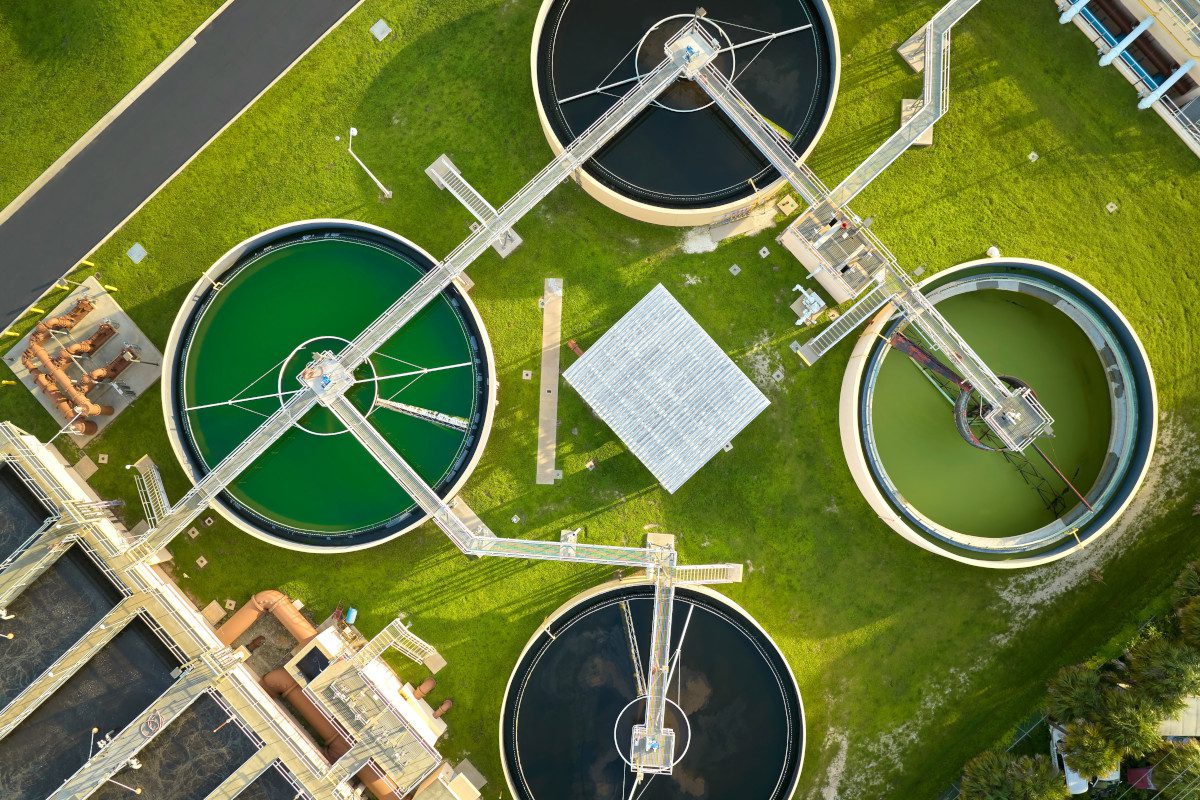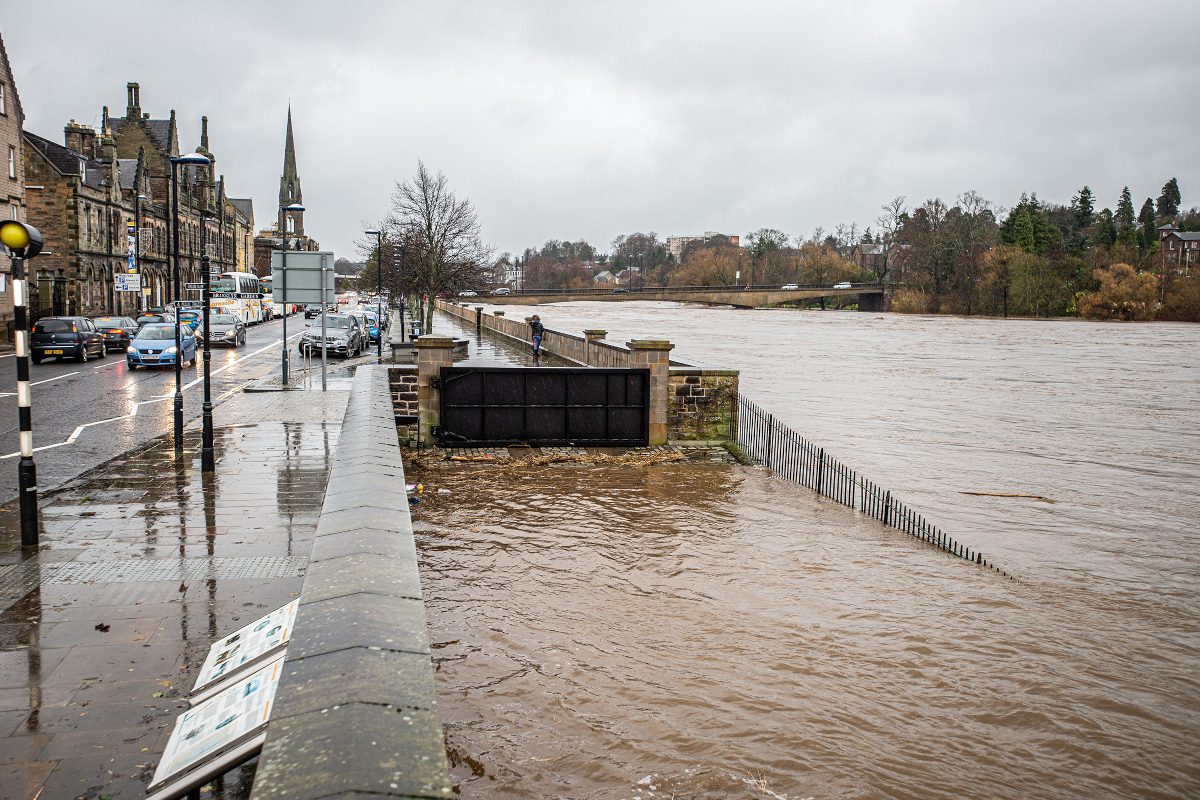The Clean Shipping Alliance, a representative body within the shipping industry, has criticised a decision last week by North Atlantic marine protection body OSPAR to limit the use of Exhaust Gas Cleaning Systems (also called “scrubbers”) in ports and inland waters starting in 2027.
These systems help reduce the air pollution created by shipping but also commonly discharge wastewater into the sea.
The OSPAR decision to restrict the use of scrubbers in the North Atlantic ports and inland waters of the Contracting Parties (member states) in OSPAR, has created a questionable precedent, says the CSA. Most (not all) of the Environmental Ministers present agreed to creating what is in fact a major regional maritime regulation independent of discussion with IMO, the leading authority issuing EGCS Guidelines, and the globally recognized competent international organization for marine EGCS over the last decades.
CSA Chairman Captain Mike Kaczmarek said: “We don’t see the OSPAR move as ‘historic’ but it is unfortunate and unnecessary. Of course this will have an impact, including further complicating today’s already complex map of environmental restrictions for shipping operations in Europe, but above that we are very disappointed in the low level of credible science used by OSPAR to support this decision, including a total lack of evidence of any harm to the marine environment. There clearly is no environmental urgency to justify this rush to regulate.”
He continues: “Even more surprising is that almost no environmental risk assessments — we only know of one or two, which showed little/no risk — have been conducted by the OSPAR members for the operations of these systems in their own waters, as is recommended by the IMO before considering any restrictive actions. And all the members, including Denmark, Sweden, and Finland, which have their own restrictions starting this week, have this technical ability”.
Although some authorities are still relying on a precautionary principle to justify EGCS restrictions, this should only be invoked when supported by some scientifically credible evidence; the OSPAR reference studies, however, don’t appear to rise to this level. Also, although it is not clear that they have been considered by OSPAR, there is a large and growing body of credible scientific studies, from many sources, that fully evaluate EGCS discharge water quality, the potential for accumulation, and risk to the environment, including in ports.
Captain Kaczmarek adds: “We believe that responsible regulators and scientists in each OSPAR member state may wish to have a thorough technical understanding of their subject before actually initiating restrictions, and the coming period would be well used by OSPAR members to fill in data gaps by conducting sampling, testing, and risk evaluations in their own waters, using standard scientific methods, and not just rely on speculative reports by others.”
















